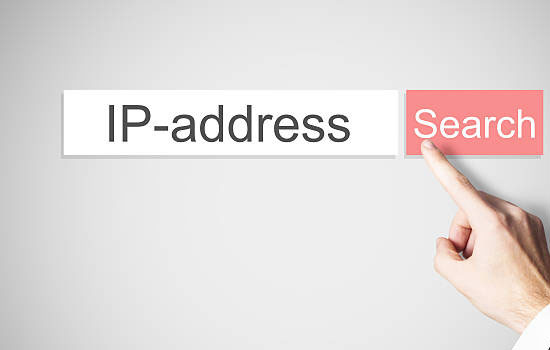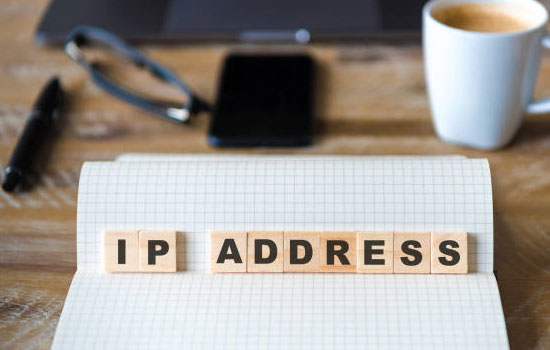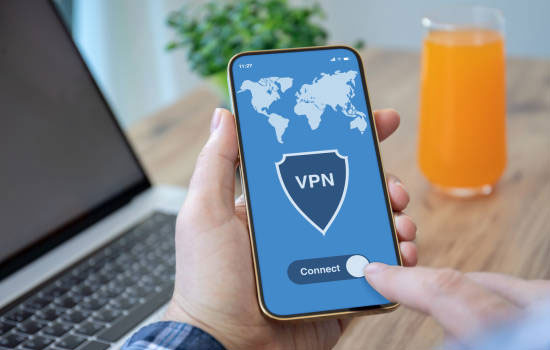
IT Security is a big thing today. Malware and hacking attacks are on the increase, and it seems that we see reports of major exploits every day in the media. One other major irritant is a hugely increased amount of monetised advertising appearing as you surf the net.
What are the benefits and downsides of hiding your IP address? Should you do it to increase your IT Security?
An IP Address

Simply put, your IP Address is like your Internet snail mail postal address. It defines who you are, and where you can be found.
IP Addresses are allocated by registrars and recorded in domain name servers. It’s a lot easier to remember acme.com than the numerical equivalent. The DNS servers, given an IP Address or domain name, will provide the other half of the equation. The local networking software uses the IP address to work out a route to the target website.
Every time you visit a website or basically do anything on the Internet, your IP address is recorded by the servers hosting the service. Often other information is also recorded, such as how long you stayed on a particular web page, the buttons you clicked on, and your general browsing habits.
Sites will collect this information so they can sell it to advertising agencies who will tailor adverts aimed at your current interests. Depending on the information collected, the adverts can be sent via email or instant messaging or appear as pop-ups as you use your browser. Google are especially keen on doing this so they can tailor adverts and search engine results to reflect your current particular interests.
Simply put, they spy on you so that you will spend more money. There is also considerable evidence that Government Agencies monitor “people of interest” and log information about people who visit “websites of interest”.
If privacy and minimising misuse of your personal information is important to you, then hiding your IP address is a good way to start.
The Benefits of Hiding your IP Address
Personal Safety

In some jurisdictions, information posted on the web is monitored, and the author of such information could be arrested if it is considered subversive in any way. The authorities can use an IP address to find out the location of the author.
In those jurisdictions, Government regularly monitors “people of interest” and logs information about people who visit “websites of interest”. The information is derived from the IP address they have recorded. They attach that data to all the other data they have collected from that and other sites and use it to build a profile on an individual, their family and associates.
Downloads and Streaming

A major reason for hiding or changing your apparent IP address is to bypass geographical or censorship restrictions and stream, view or download material unlawful in that region. Some companies geo-lock content to hide products unavailable in a particular country. Some countries, such as Germany, block access to copyrighted content.
Hiding your real IP Address allows you to access that content. This can be particularly useful for travellers who move between countries on a regular basis and often lose connectivity with sites such as Netflix.
Privacy

As noted above, your activities and the sites you visit are recorded as you surf the Internet. This allows organisations like Google to tailor advertisements relevant to your current interests directly to you. It seems personal because it is. Your IP Address can be used to find you, even if you have disabled location services.
Malware and Hacking

If a hacker can see your IP address, then your device is vulnerable if you haven’t got anti-malware protection. Every IP address has many ports associated with it, and a brute-force attack could test every port for a successful connection.
That then allows them to steal information, and perhaps use your device as a bot in attacking other users in a DDoS attack.
At the very least they could deposit malware on your device and make it unusable.
How to Hide your IP Address
There are two basic methods, using a proxy server or a VPN.
Proxy Server

A proxy server is a server attached to your network through which all your inbound and outbound network traffic is routed. The rest of the Internet sees the IP address of the proxy server, not your real IP address. All the information that would otherwise come to your browser is filtered out by the proxy server.
The downside of proxy servers is that they can be unreliable, offering a single point of failure for your Internet access. In addition, they have been found to collect the information they are blocking and sell it on, or use it to manipulate browsers. They also don’t overcome geo-locking.
VPN

A better solution is to use a VPN. It encrypts the traffic sent over a secure connection to the VPN server and tells the world that it has an IP address in the VPN IP range. That tells the target system that you are a local IP, overcoming geo-locking. Most commercial VPN systems offer a range of servers in different geographies to allow you to maximise your ability to bypass geo-locking.
The increasing incidence of geo-locking and malware and hack exploits tell us that hiding your IP address is a valuable weapon in your IT Security armoury. There are considerable upsides, and few, if any downsides.
